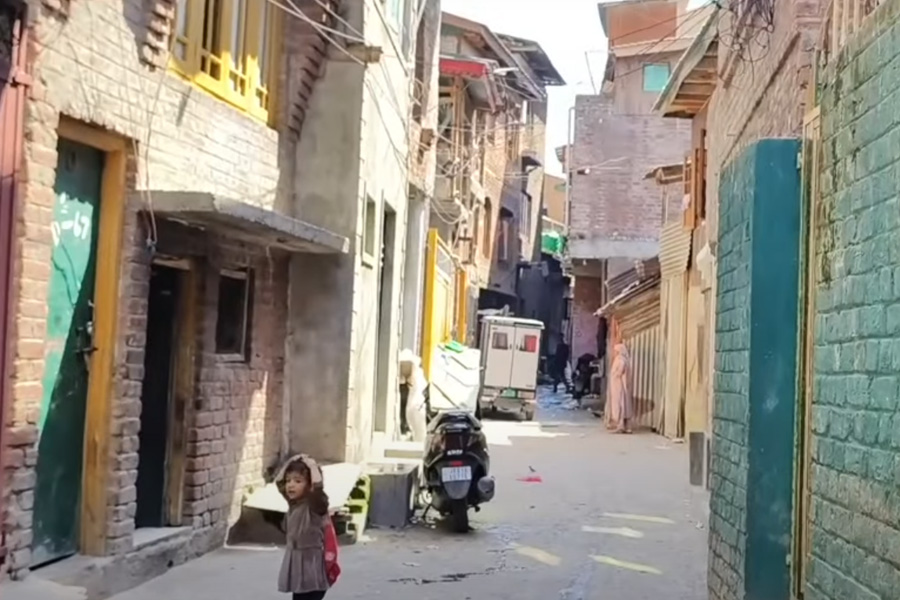
The Sheikh colonies in Srinagar are a prime example of how historical legacies, socio-economic inequities, and spatial dynamics lead to continuous marginalisation in urban areas.
Authors
Deepanshu Mohan, Professor of Economics, Dean, IDEAS, Office of Interdisciplinary Studies, and Director, Centre for New Economics Studies (CNES), O.P. Jindal Global University, Sonipat, Haryana, India.
Khalid Wasim Hassan, Assistant Professor, Central University of Kashmir.
Ishfaq Wani, Senior Research Analyst, Centre for New Economics Studies (CNES), O.P. Jindal Global University, Sonipat, Haryana, India.
Najam Us Saqib, Research Analyst, Centre for New Economics Studies (CNES), O.P. Jindal Global University, Sonipat, Haryana, India.
Summary
This study conducted by CNES examines the socio-economic circumstances and urban exclusion experienced by the Sheikh groups residing in colonies adjacent to the ancient wall built by the Mughals in the 16th century around the Haariparbat Fort in Srinagar.
This research utilises an anthropological perspective to investigate the social history, housing conditions, infrastructural deficiencies, and daily experiences of vulnerability among the people of the Sheikh Colonies. It uncovers an intricate web of social and economic obstacles, intricately linked with cultural traditions, ultimately hindering this community’s process of progress. The investigation was conducted through comprehensive interviews and targeted group discussions with the locals. The Sheikh colonies offer an opportunity to examine different facets of urban marginalisation, including socio-economic disparities, spatial segregation, insufficient housing, and the impact of caste identity.
Historical Context and Origins of the Community
The Sheikh communities, situated adjacent to the historic Kalai of Hari Parbat Fort in Srinagar, provide a distinctive insight into the phenomenon of urban marginalisation in Kashmir. The founding of these colonies can be credited to the land reforms in Kashmir during the 1950s, initiated under Sheikh Abdullah. He temporarily designated this area for the habitation of the Sheikh community, as recollected by the older generation of the colony.
Archival materials confirm oral narratives, revealing that the Dogra administration initially sent members of the Sheikh community from villages to different parts of Srinagar city to serve as sanitation workers and waste collectors. Gradually, they were assigned a distinct region, currently referred to as the Sheikh colonies. Despite having lived in the community for an extended period, none of the members have legal documents or ownership of the property.
Published in: The Quint
To read the full article, please click here.

